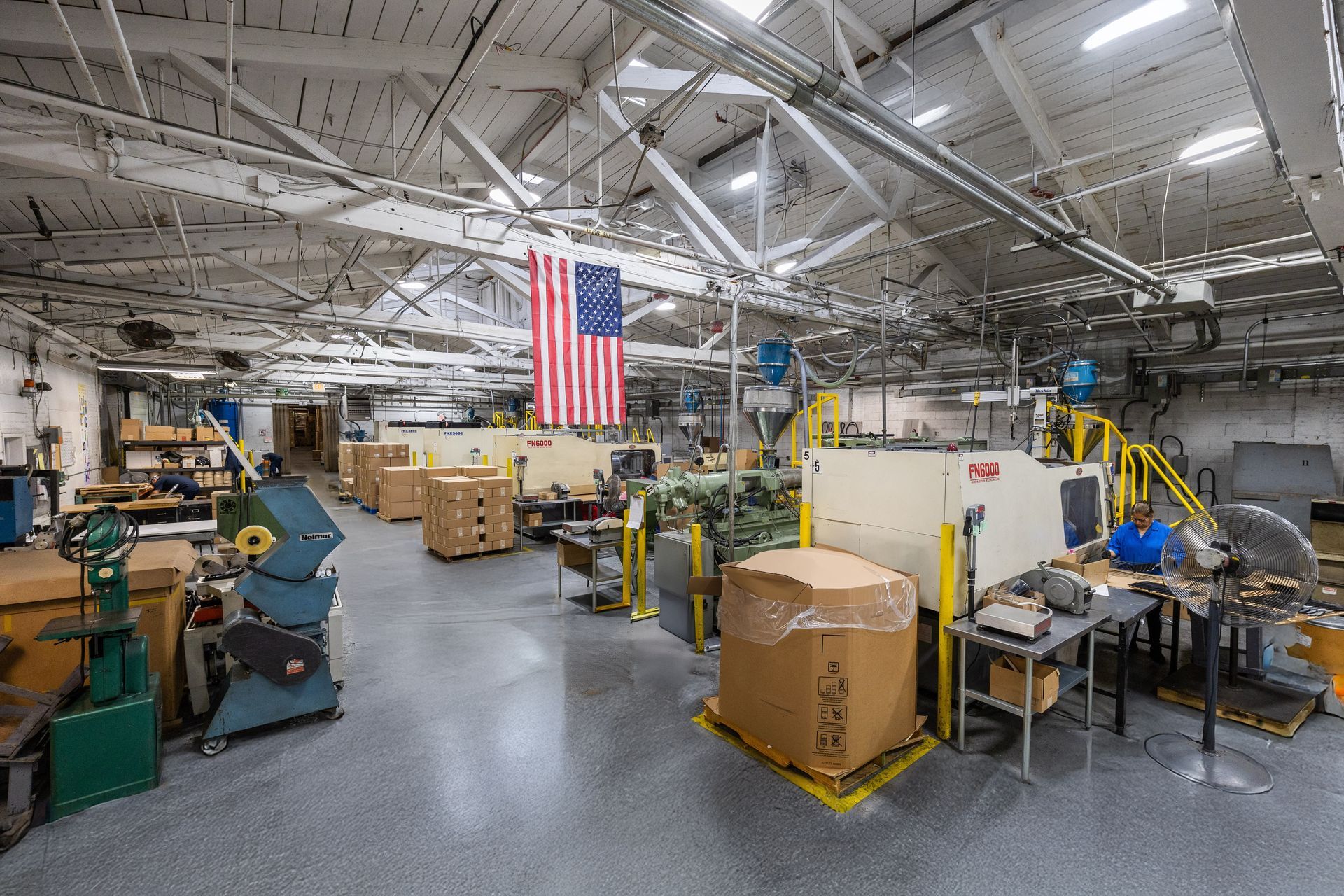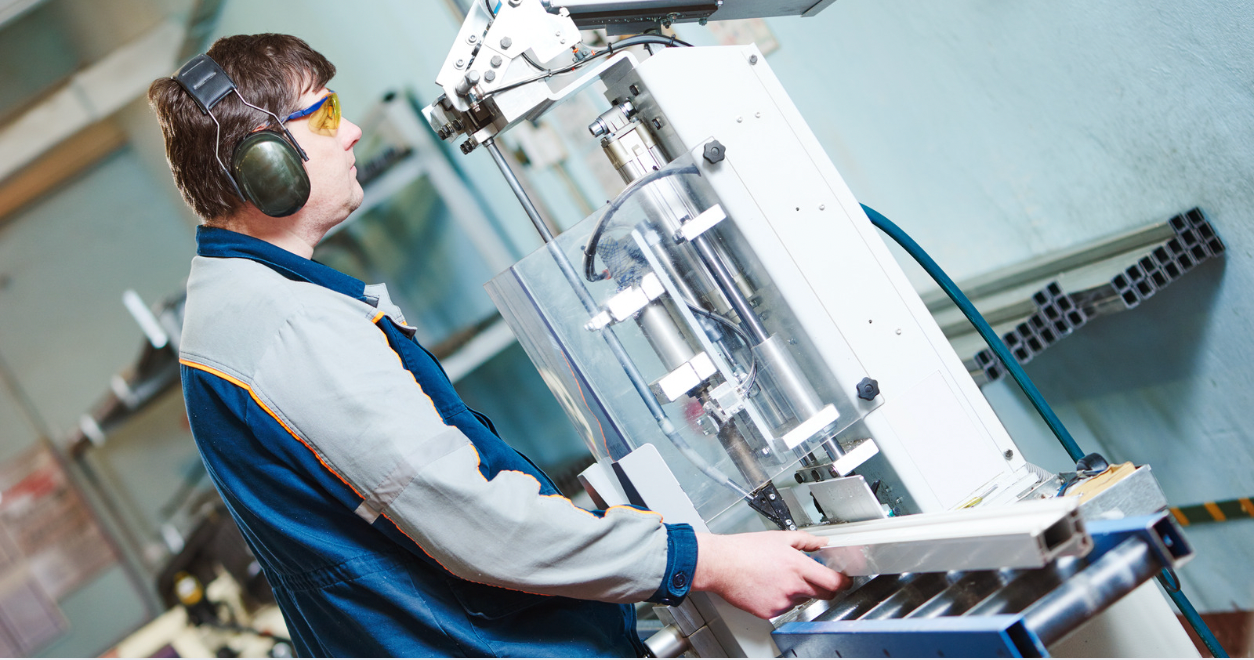Plant-Based Plastics: Sustainable Manufacturing
The plastics industry has gotten an unfairly poor reputation in recent decades as environmental considerations take center stage. What many critics of the industry don't realize is that many manufacturers have adapted both materials and processes to develop a more sustainable approach to plastics. One area of innovation, plant-based plastics, is rich with new, sustainable materials that often perform just as well as their traditional counterparts.
What Are Plant-Based Plastics?
Just as it sounds, plant-based plastics are resins produced primarily from plant or tree materials. They hearken back to the earliest plastics, such as celluloid and acetate which have been made from cotton or wood fibers since the late 1800s. As fully synthetic polymers, such as nylon, polystyrene, and other modern miracles were invented, plant-based plastics became less popular. Sustainable, plant-based plastics have made a comeback in recent years, and find uses in everything from shopping bags and children's toys to food packaging and garden supplies.
What Is Sustainable Manufacturing?
Using recycled and renewable resins, and reducing waste overall, while embracing sustainable manufacturing practices are vital ways in which plastics manufacturers can improve on the naturally low-waste injection molding process.
Common Plant-Based Plastics
Modern plant-based plastics are a constantly changing area of development with frequent improvements producing resins that are equal to or better than traditional polymers, more sustainable, and more cost-effective. Popular plant-based plastics include:
- Polyhydroxyalkanoate (PHA) - based on sugars and vegetable oils, heat tolerant
- Polylactic Acid (PLA) - based on corn and sugars, less heat tolerant
- Acetate - based on tree or cotton fiber, breathable
These bioplastics are used everywhere from disposable silverware and eyeglass frames, to craft materials, packaging, and beverage bottles.
At Bennett Plastics, we know sustainability is vital to ensuring the plastics industry continues to make the products consumers need in a more environmentally-friendly way. Contact us today to learn more about our commitment to sustainability and how it enhances our full range of plastics manufacturing capabilities.
Recent Articles











